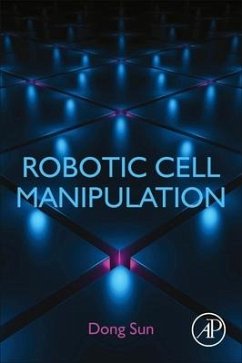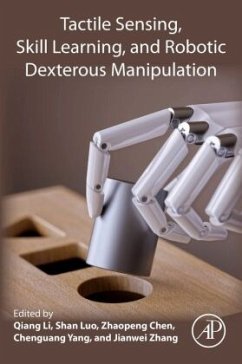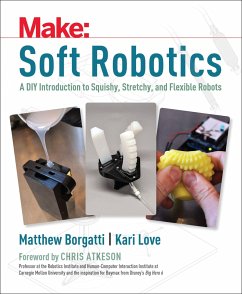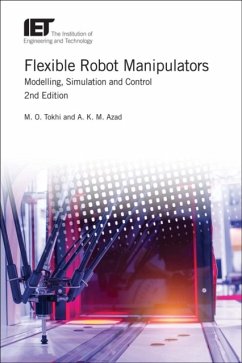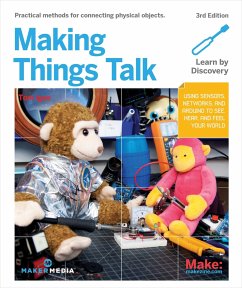
Human Inspired Dexterity in Robotic Manipulation

PAYBACK Punkte
57 °P sammeln!
Human Inspired Dexterity in Robotic Manipulation provides up-to-date research and information on how to imitate humans and realize robotic manipulation. Approaches from both software and hardware viewpoints are shown, with sections discussing, and highlighting, case studies that demonstrate how human manipulation techniques or skills can be transferred to robotic manipulation. From the hardware viewpoint, the book discusses important human hand structures that are key for robotic hand design and how they should be embedded for dexterous manipulation.This book is ideal for the research communit...
Human Inspired Dexterity in Robotic Manipulation provides up-to-date research and information on how to imitate humans and realize robotic manipulation. Approaches from both software and hardware viewpoints are shown, with sections discussing, and highlighting, case studies that demonstrate how human manipulation techniques or skills can be transferred to robotic manipulation. From the hardware viewpoint, the book discusses important human hand structures that are key for robotic hand design and how they should be embedded for dexterous manipulation.
This book is ideal for the research communities in robotics, mechatronics and automation.
This book is ideal for the research communities in robotics, mechatronics and automation.





